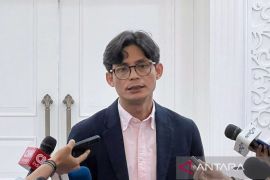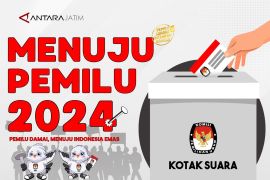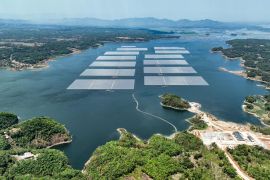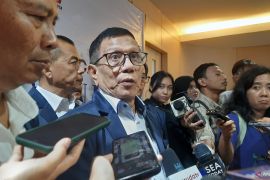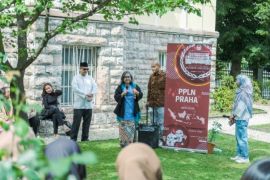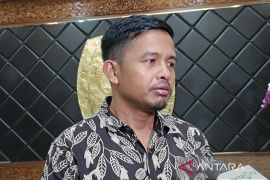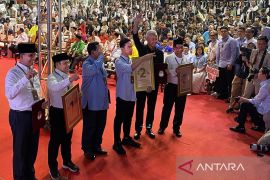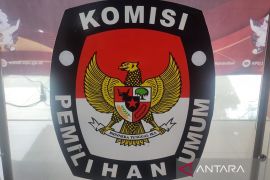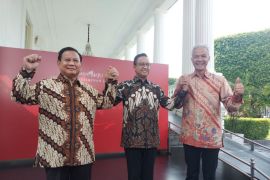The two pairs are Prabowo Subianto-Hatta Rajasa and Joko Widodo-Jusuf Kalla.
"I see Camp No. 2 using psywar aggressively. They shape public opinion by exploiting quick count results while the other camp submits the result of elections to the General Elections Commission (KPU)," he stated here on Saturday.
In the midst of the wait for the official results by KPU which is scheduled on July 22, 2014, the supporters of the Joko Widodo-Jusuf Kalla pair have been creating public opinion through social media and mass media that the results of the quick count in their favor is the final result, Syahganda remarked.
"If opinions polls run continuously it can put pressure on the public," he emphasized.
It was too early to decide the victors through the quick count conducted by pollsters, as it seemed forced and undermined the existence of KPU, which is authorized to determine the real winners, he said.
"So, there is no sense in stating that Jokowi-JK have won the presidential elections based on the assumptions and predictions via quick count that cannot be ascertained," he asserted.
In fact, there was a statement of Burhanuddin Muhtadi already blaming the General Elections Commission (KPU) if the official results differed from the opinion polls, he noted.
Other pollsters who also declared the Prabowo-Hatta pair as winners, were also saying that their poll was the most credible, he affirmed.
"This is psychological warfare and clearly unethical," he remarked.
It would be difficult if the two camps were not in sync with KPU, which has constitutional powers in declared the election results, he added.
The presidential election is being contested by the Prabowo Subianto-Hatta Rajasa pair and the Joko Widodo-Jusuf Kalla duo.
According to the KPU, a total of 190,307,134 voters had registered for the election, which included 2,038,711 overseas voters, with 486,866 polling stations set up across the archipelago.
UU.A063/
(INE)
EDITED BY INE/A014
(UU.A063/A/KR-BSR/A014)
Editor: Aditia Maruli Radja
Copyright © ANTARA 2014

